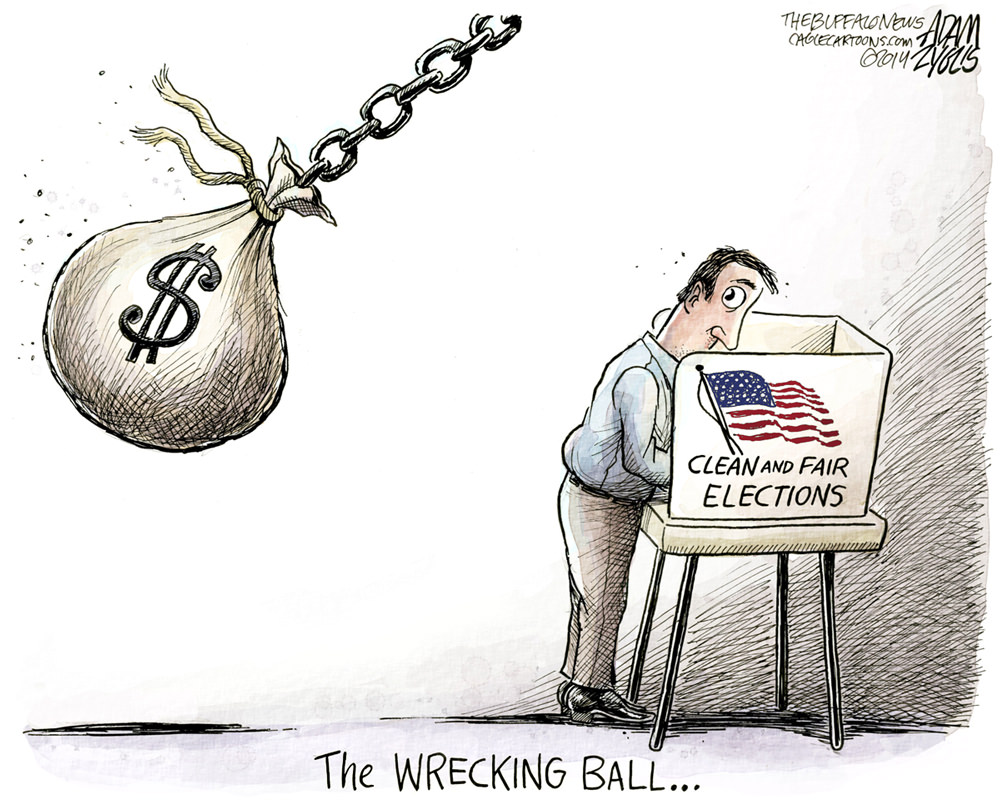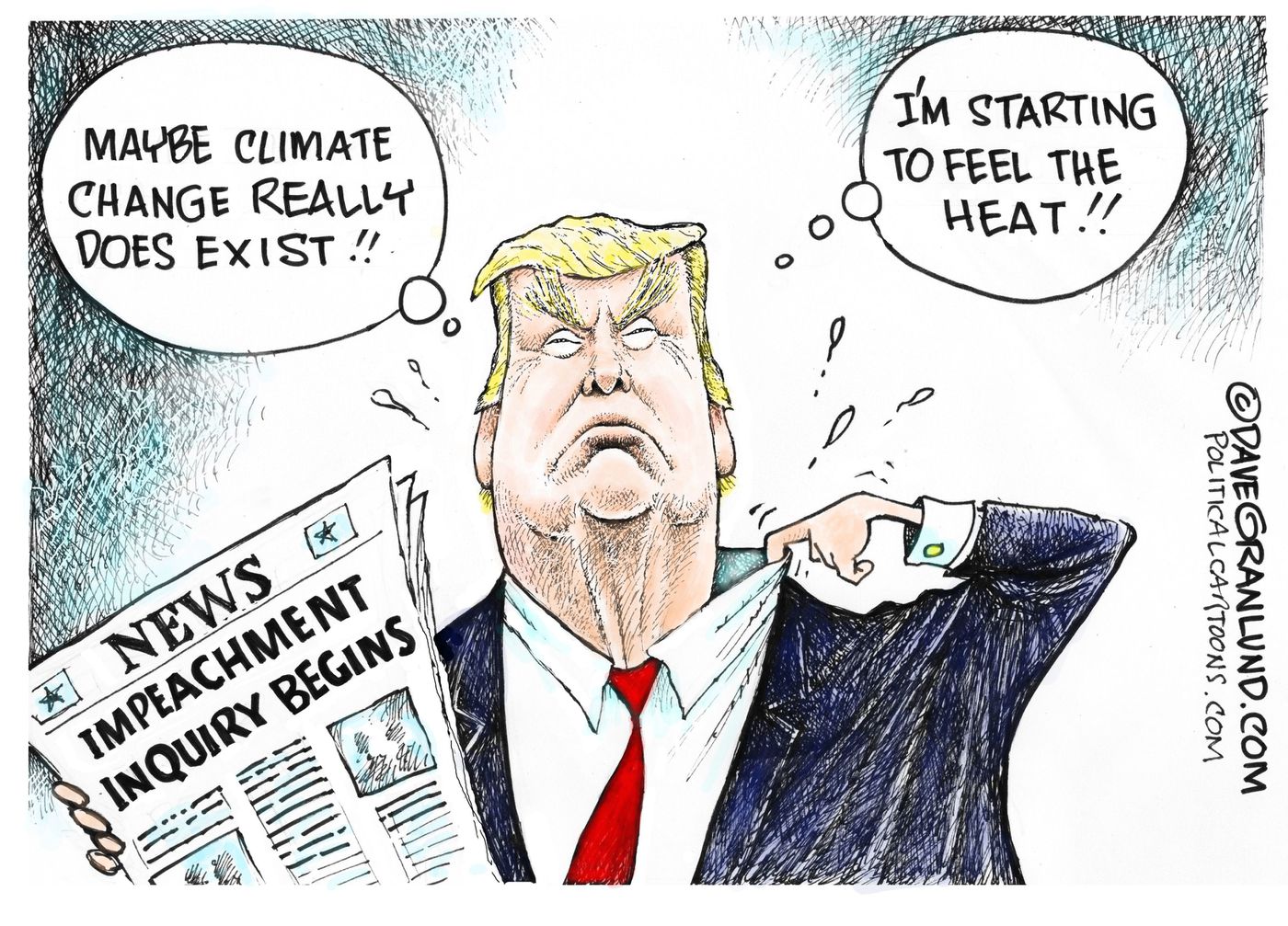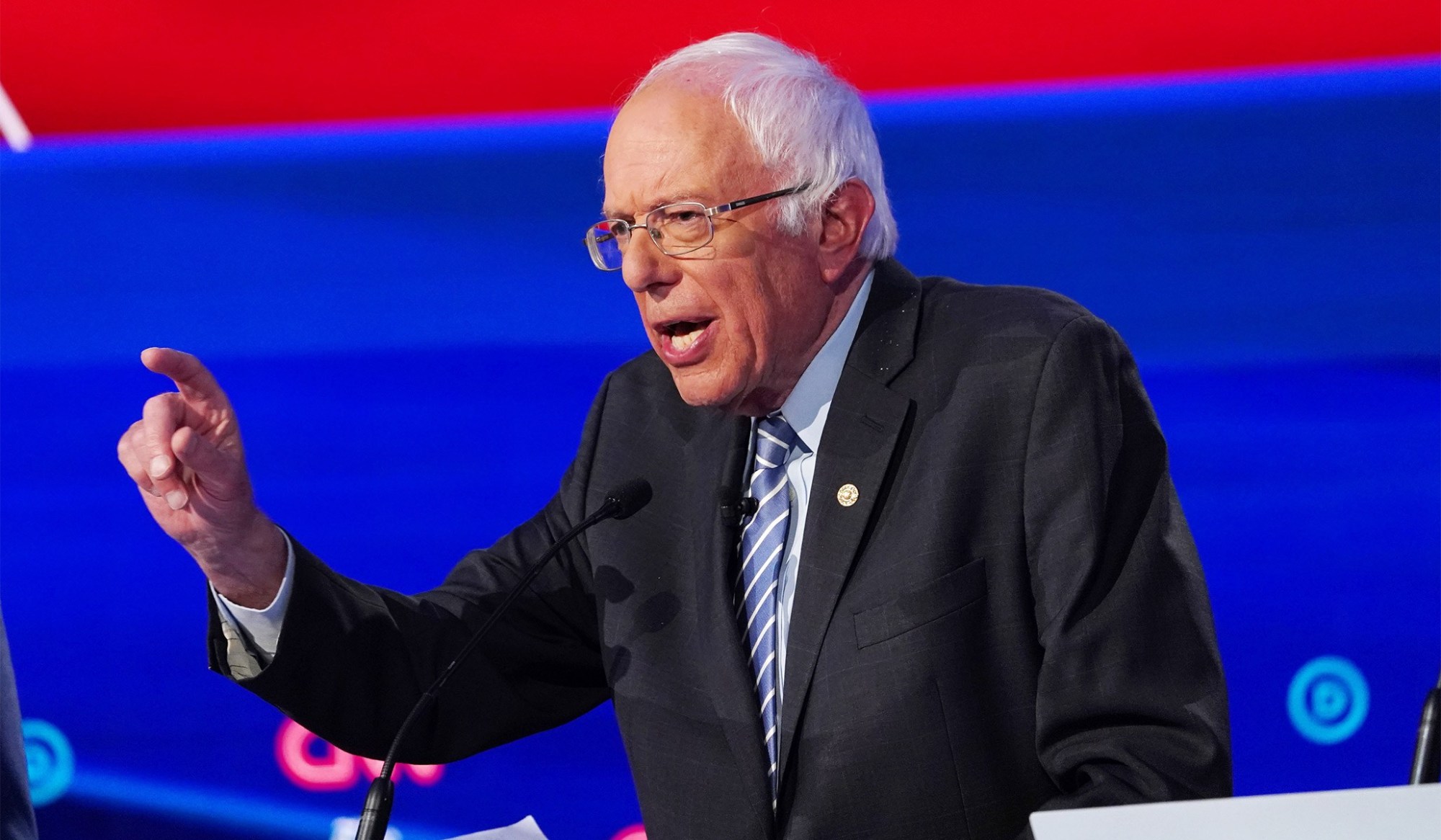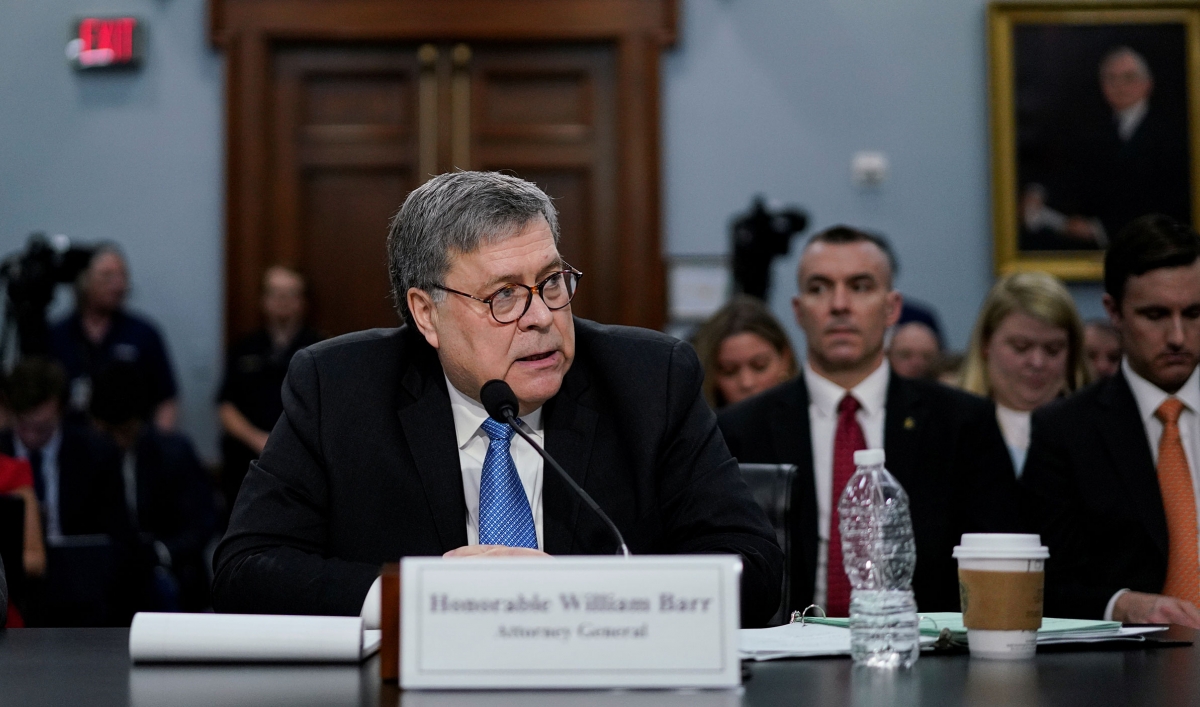Queens College students and faculty gathered in Powdermaker Hall 118 on Sept. 13 to hear two professors speak about the presidential election, the importance of political participation and the effects of money in politics.
The event was organized by the Center for Ethnic, Racial and Religious Understanding and was co-sponsored by the Political Science Club, New York Public Interest Group and the Michael Harrington Center.Professors Michael Krasner and Keena Lipsitz, both political science professors at
Professors Michael Krasner and Keena Lipsitz, both political science professors at QC, served as speakers for the event.
Lipsitz spoke about how the presidential election reached its current state and what to expect in the future.
“We would have guessed Clinton. We would not have guessed Trump. And we certainly would not have guessed that Bernie Sanders would have done nearly as well as he did,” Lipsitz said, referring to political insiders and scientists.
Lipsitz focused on the Republican primary election, explaining how Trump became the Republican Party nominee.
“The Republicans had a coordination problem,” Lipsitz said. “They had seventeen candidates and they could not clear the field.”
“The Republicans are fragmented right now. You have different factions that are battling and not only are they battling, they hate each other,” Lipsitz said. “And because Trump had hardcore supporters he was able to capitalize on this fragmentation.”
She said the Republican Party’s “winner-take- all/most” system of awarding delegates allowed Trump to clinch the election early and how the party is likely to respond to prevent another outsider from clinching the party nomination.
Moving on to the general election, Lipsitz explained that it is more important to focus on the individual states rather than the national polls typically published by journalists.
“What’s interesting this year is that we have a number of states that are in play that are not typically in play,” Lipsitz said. “States like Arizona, we have states like Missouri, states like Georgia. These states typically vote Republican.”
Referring to data published from Real Clear Politics, Lipsitz explained that, based on how the Electoral College awards electors, Hillary Clinton is in a good position to reach the 270 votes needed to win the presidency.
“Hillary Clinton has more paths to victory and Trump has fewer paths. He has a very narrow path and has to win these traditional Republican states,” Lipsitz said.
She explained that the tightening of national polls is typical and to expect further tightening as the election nears, but urged voters to take these polls lightly.
“If you are a Clinton supporter, do not get too comfortable, and if you’re a Trump supporter, don’t give up hope yet,” she said.
Following remarks from Lipsitz, Krasner presented a question regarding politics in America today.
“Are we moving toward a government of, by and for the rich?” he said.
Referencing recent events within the government, he suggested that America is shifting away from democracy and toward oligarchy.
“One of the reasons to think that we’re moving in that direction is the huge influx of money into American elections that has followed on the Supreme Court’s Citizens United decision,” Krasner said.
“Before [Citizens United] there were serious limits on what very rich people and corporations and labor unions could contribute to political campaigns. After that decision, those limits had been effectively removed,” he said.
Krasner explained the importance of voters educating themselves on these types of organizations and how they can impact political campaigns.
“The one thing that a citizen can do in this situation is find out where the money is coming from, whose interests are being served, and vote or act accordingly,” Krasner said.
He went on to explain how social welfare groups or 501(c)(4)’s can collect and spend unlimited amounts of money but are not subject to the same financial disclosure laws.
“This 501(c)(4) loophole removes the last bit of accountability from the huge sums of money that flow into the system,” Krasner said.
Sophia McGee, Director of CERRU, said the event was different than what the organization has done in the past but recognized its importance this year.
“There has been an uptick in language that you generally don’t hear in the presidential campaign and its brought about a lot of questions about political participation, who’s allowed to vote, about immigration, about Islamaphobia, all sorts of issues about, in a larger sense, what it means to be an American and when someone is allowed to be perceived as an American,” McGee said.
The event was the first of three scheduled events that CERRU has planned for the semester.
They recently hosted an event on Sept. 19 that focused on the presidential candidates themselves, including Libertarian Gary Johnson and Green Party nominee Jill Stein. They also will be holding a town hall meeting with local elected officials on Oct. 17.














